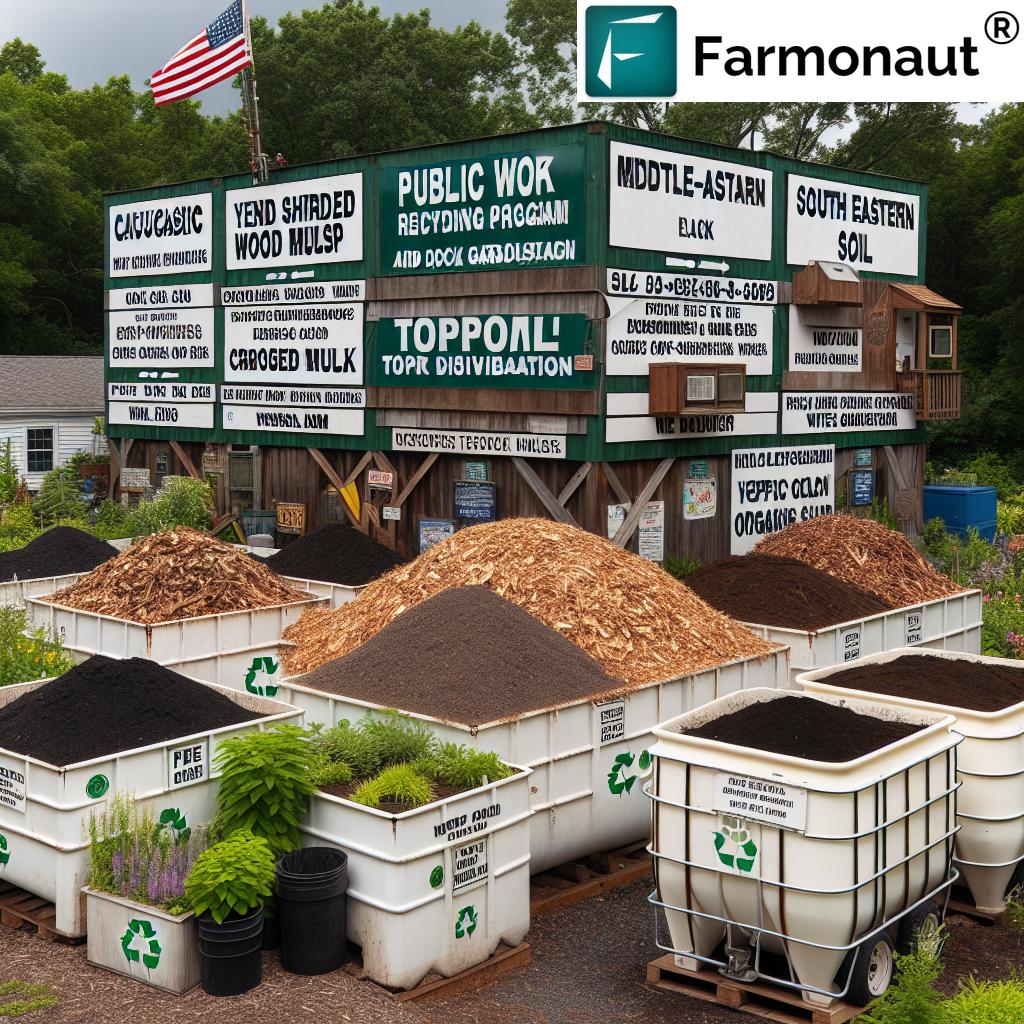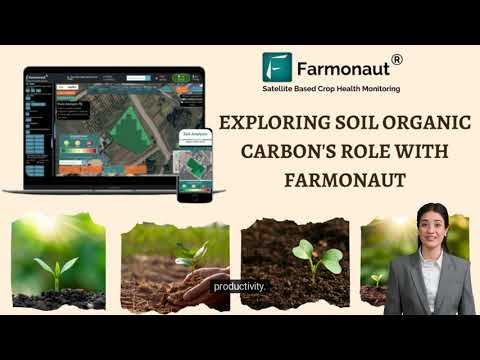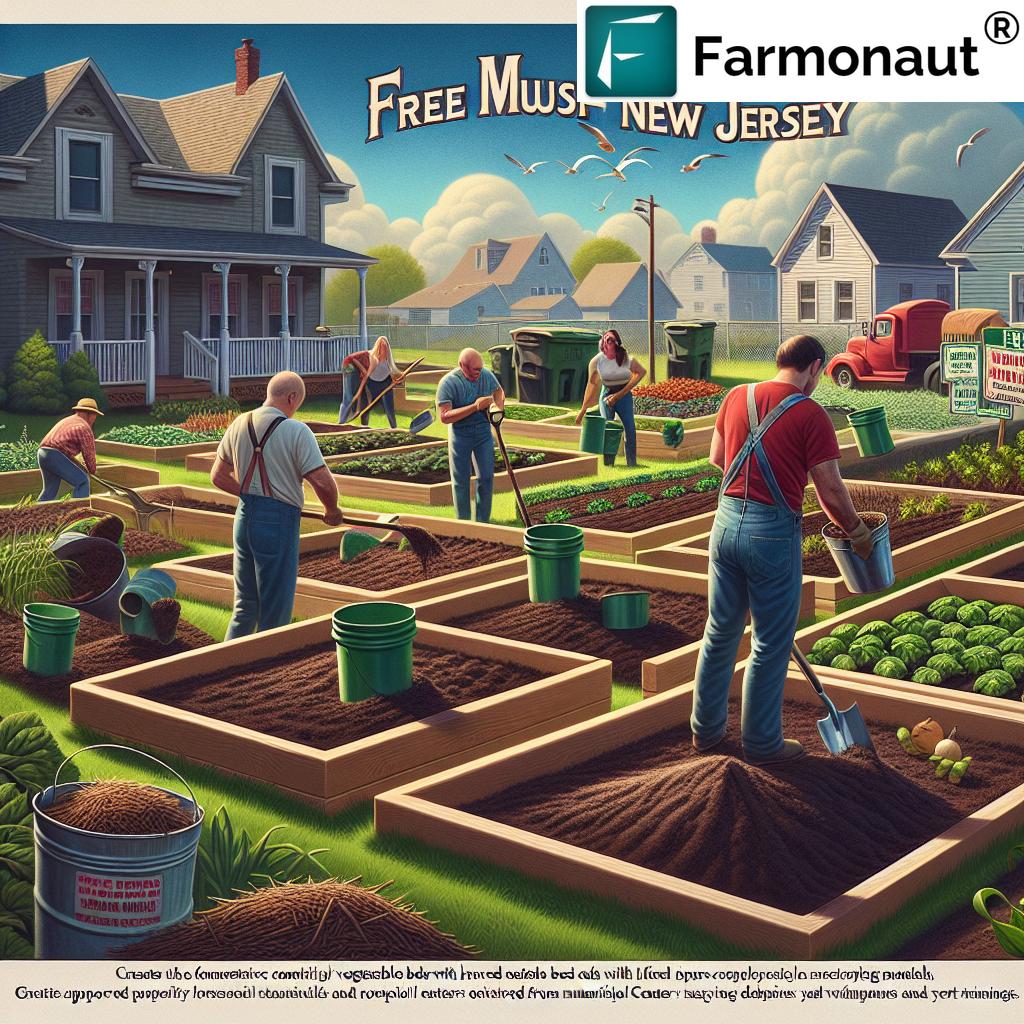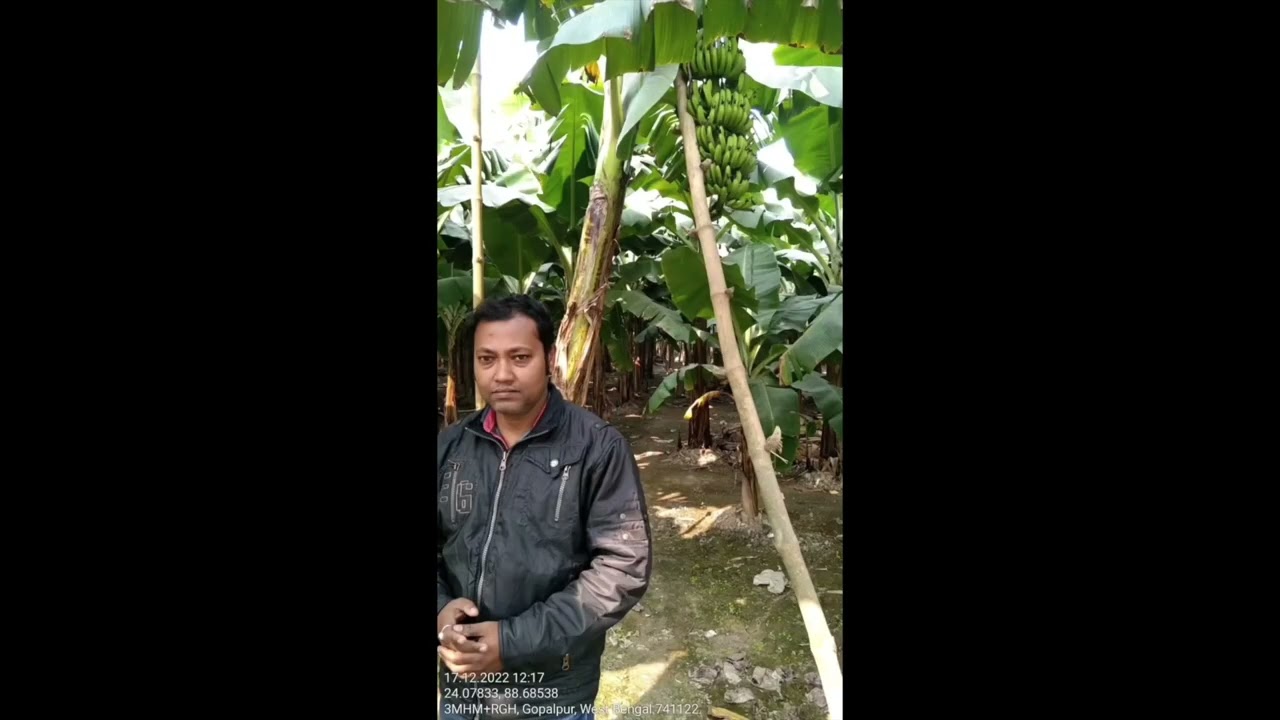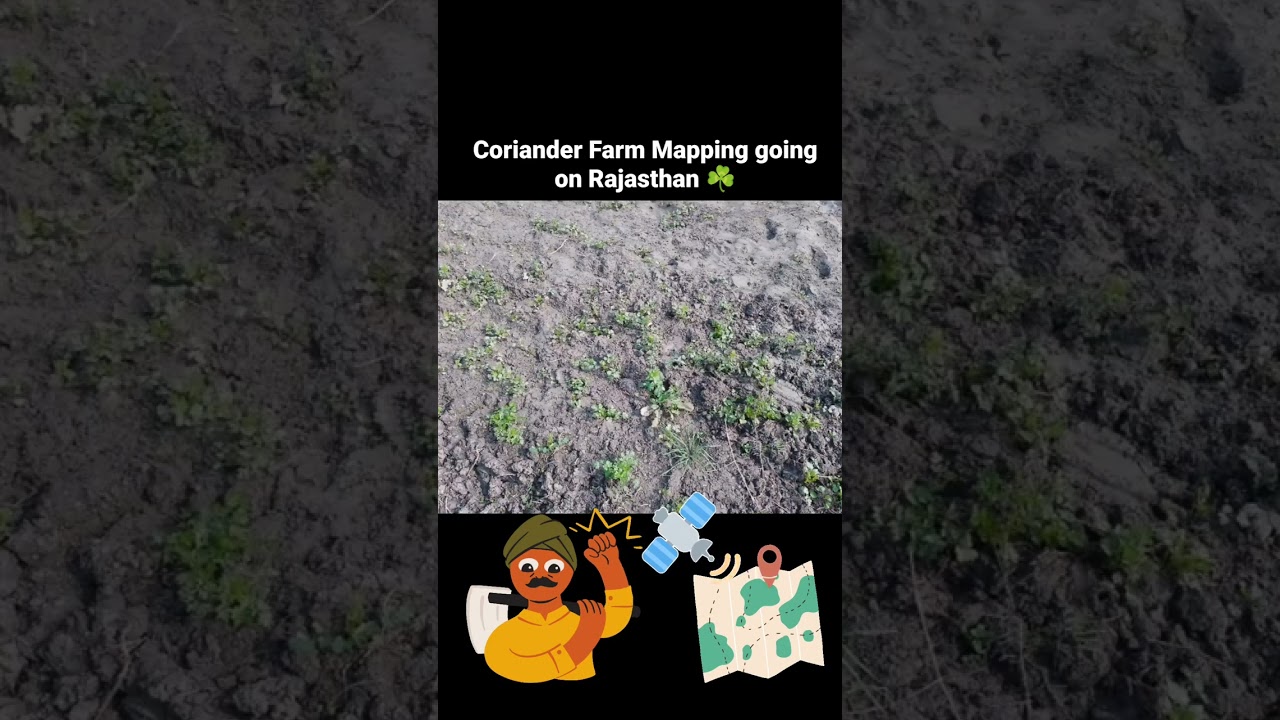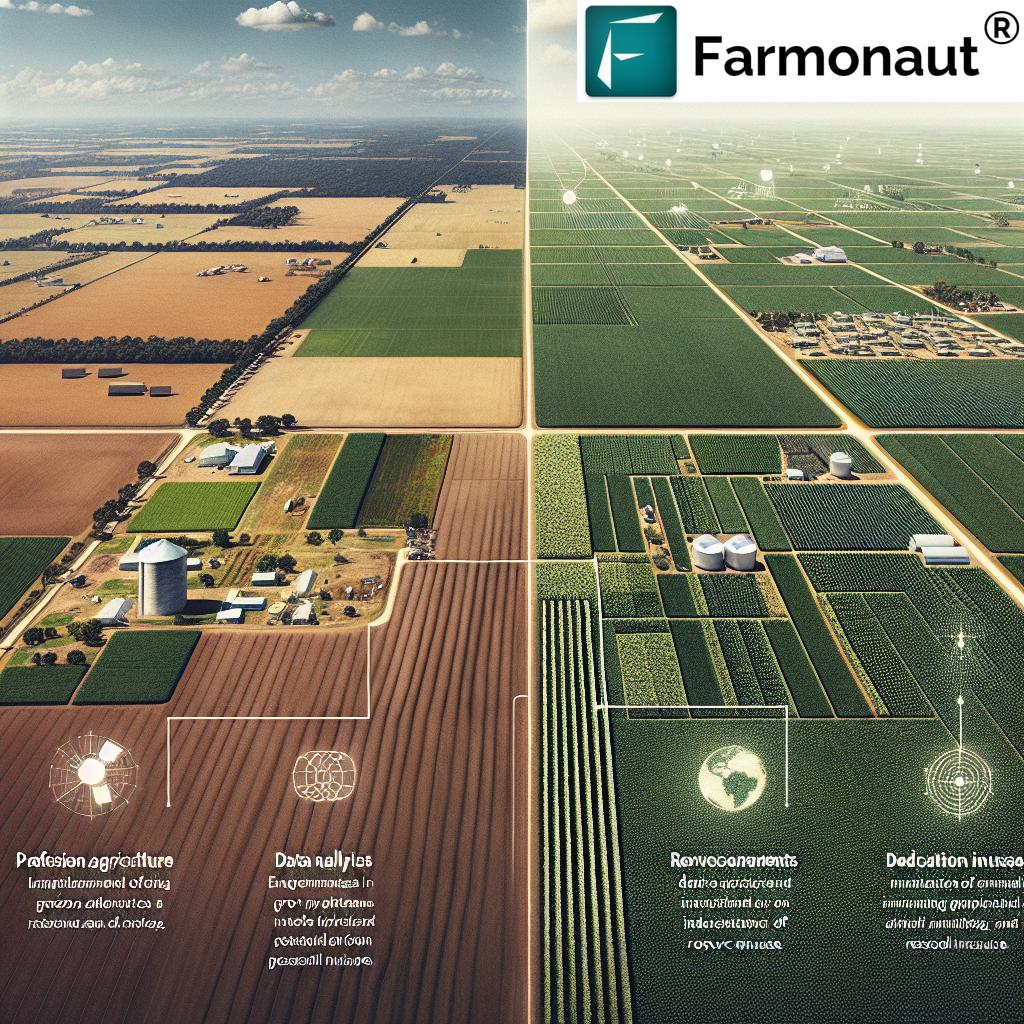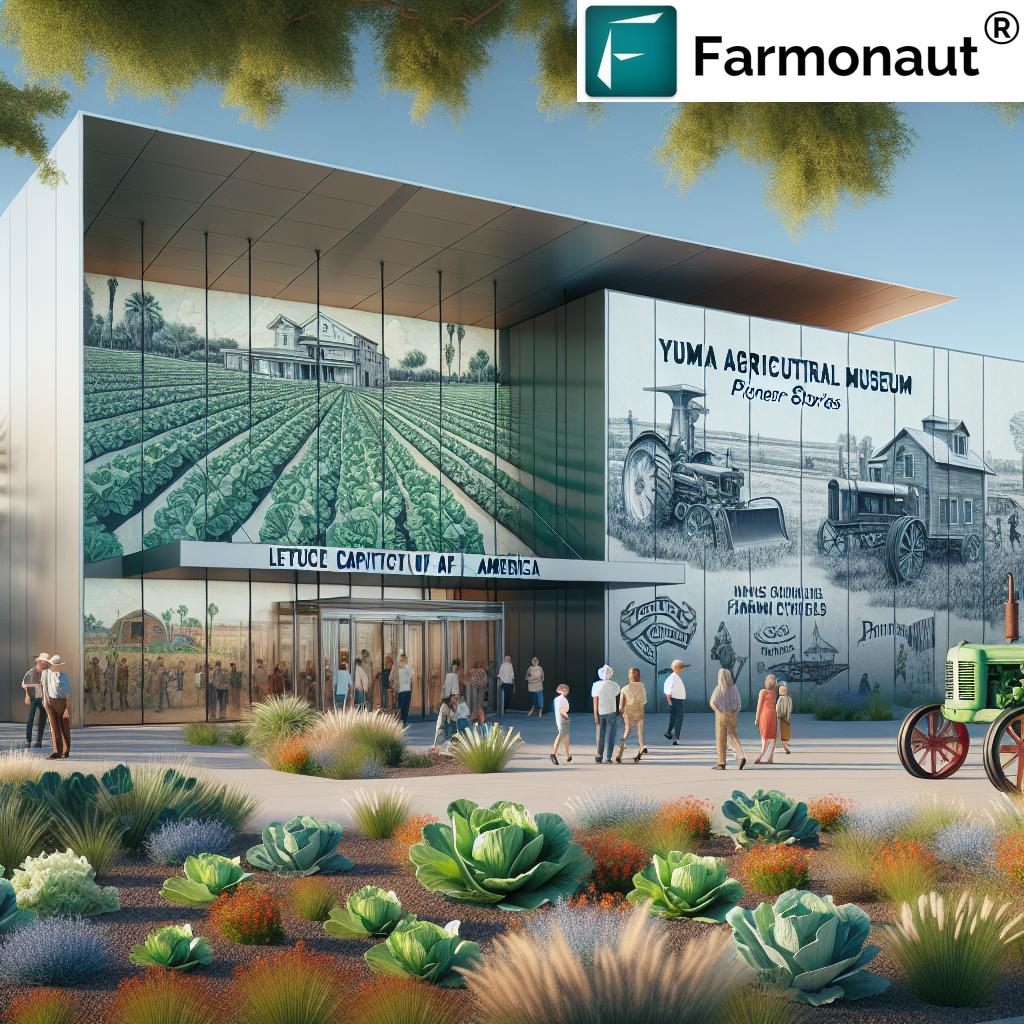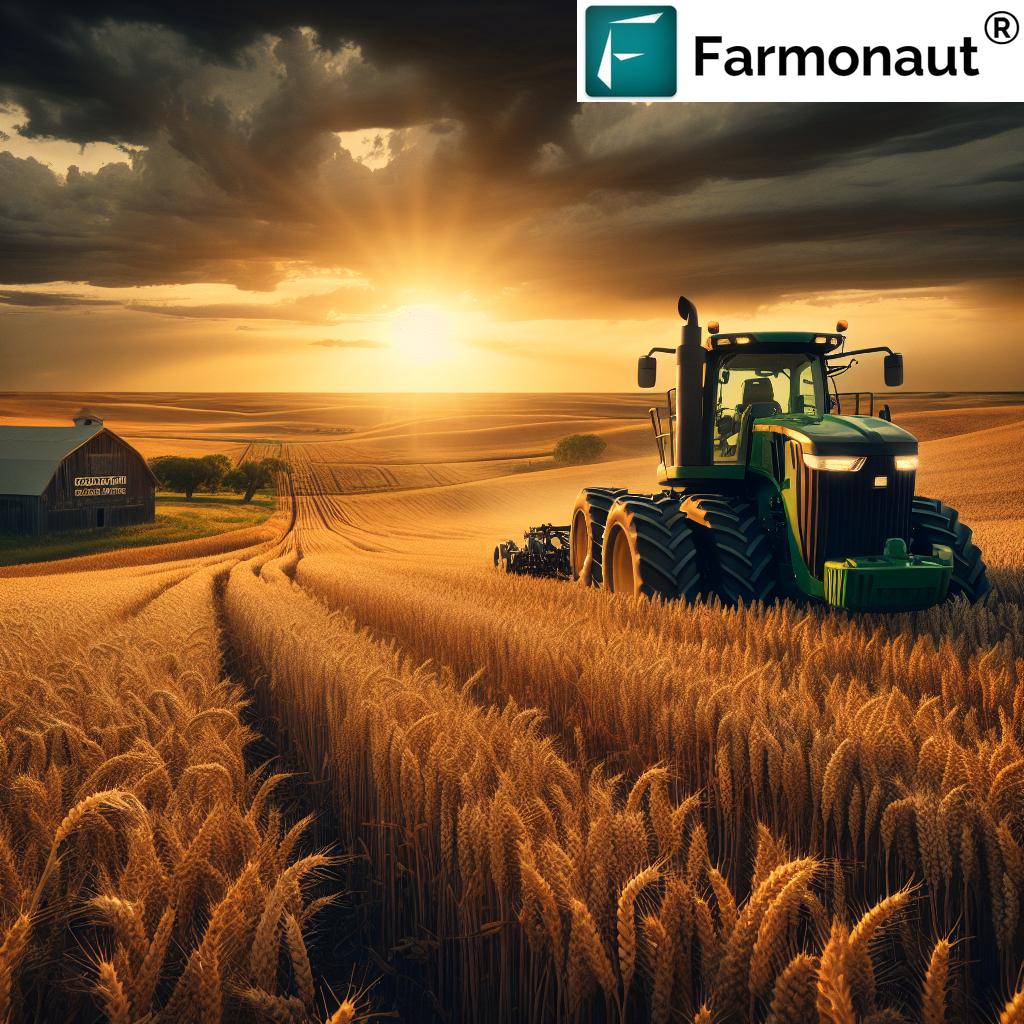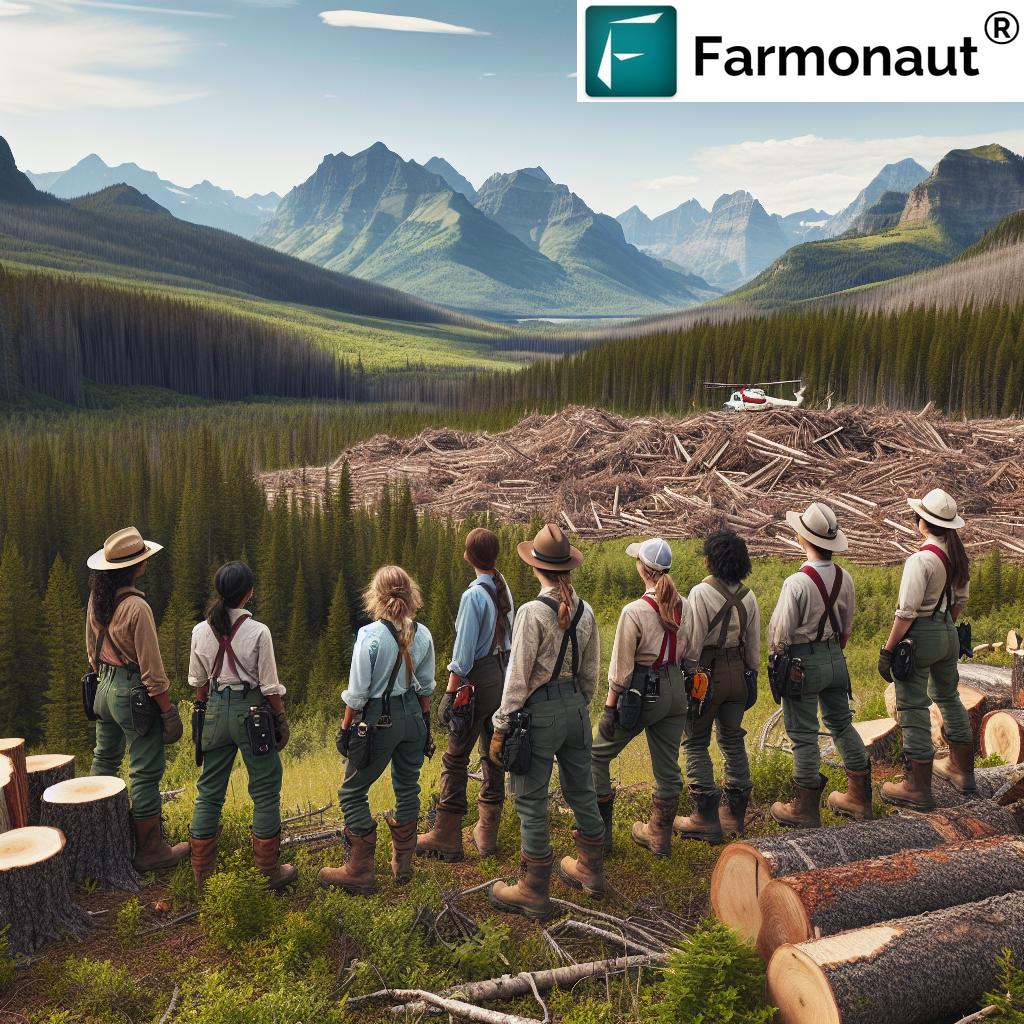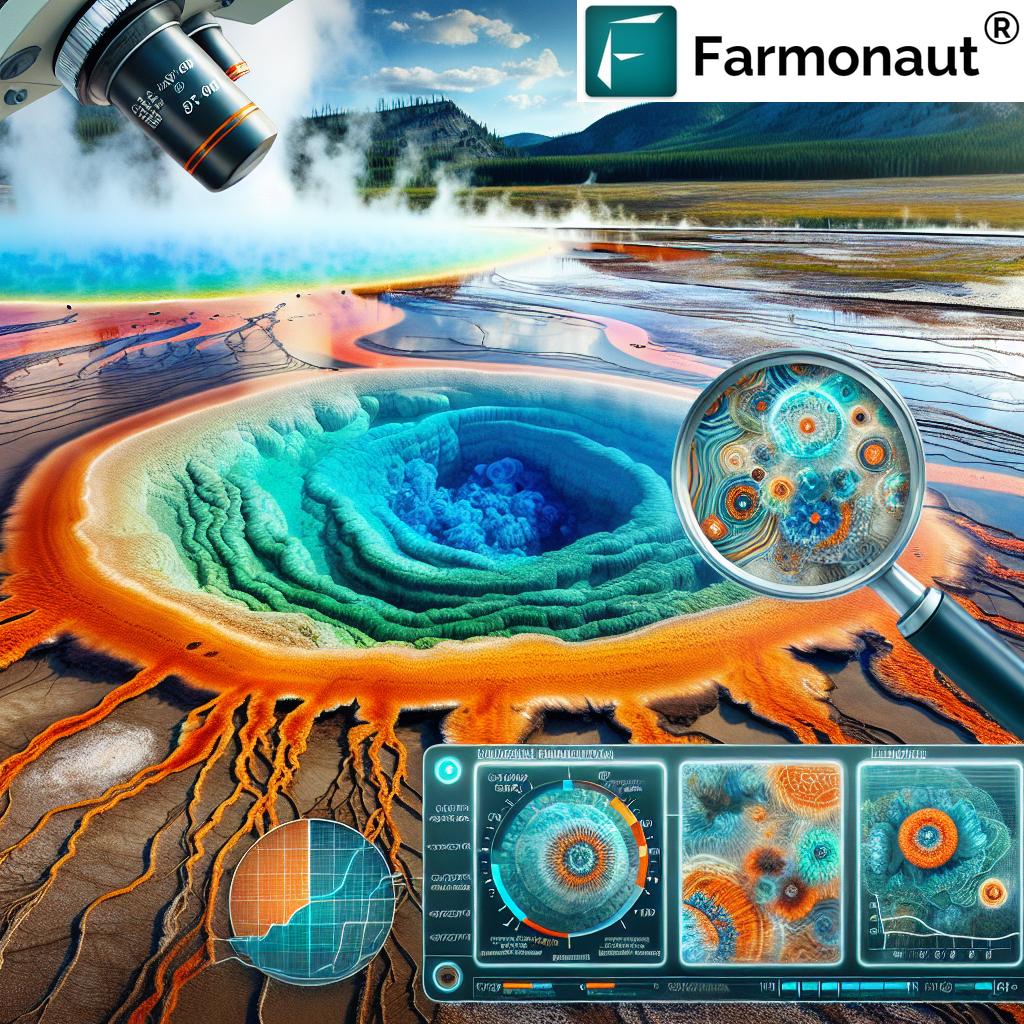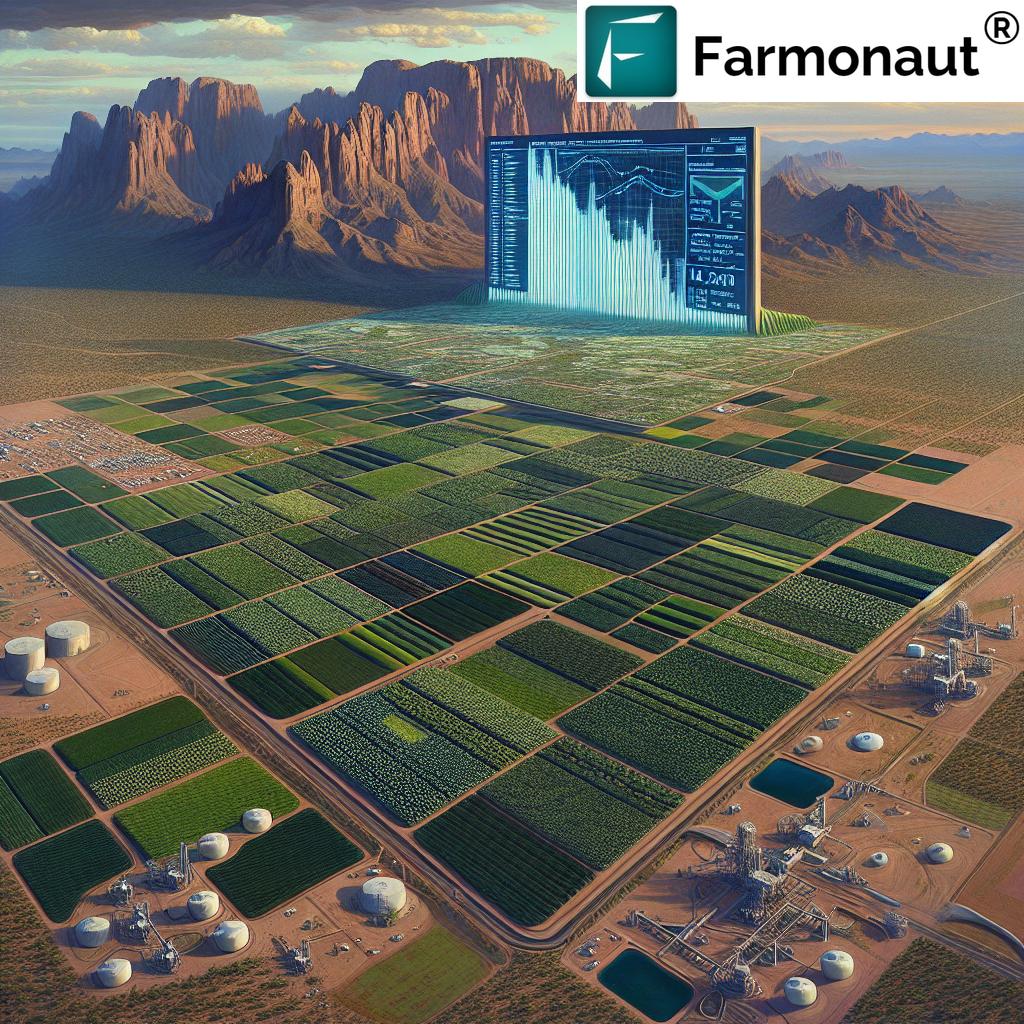Free Mulch New Jersey: 7 Powerful Ways to Boost Sustainable Gardens
“Over 50 New Jersey recycling centers provide free mulch and compost, supporting thousands of sustainable gardens statewide.”
Are you tired of spending a fortune on mulch, topsoil, and compost every planting season in New Jersey? As spring returns to Trenton, NJ and home gardeners across the state get ready for another growing season, we often see costs pile up. But what if we told you that maintaining a lush, sustainable garden doesn’t have to break the bank?
Unbeknownst to many, local recycling centers and municipal programs throughout New Jersey are providing complimentary mulch, compost, and garden soil. This eco-friendly initiative transforms organic waste collected from yards, tree trimmings, and leaf debris—turning what once was “just dirt” into valuable “black gold” for any gardener. Let’s uncover how free mulch New Jersey programs can revolutionize your landscape, where and how to access these resources, tips for safe use, and sustainable practices enhanced with the latest farm technology from Farmonaut.
Why Free Mulch in New Jersey Is a Game-Changer for Sustainable Gardens
Mulch is more than just a finishing touch—it’s a core ingredient for thriving, eco-friendly gardens. In New Jersey, the public works’ yard waste program bridges the gap between organic waste and beautiful, sustainable landscapes by repurposing yard debris, tree trimmings, and leaves into shredded wood chips, compost, and mulch. This recycled landscaping material rivals (if not exceeds) the quality of commercial products from big-box stores.
- Cost Savings: Many of us spend hundreds of dollars yearly on mulch and topsoil. Accessing free mulch New Jersey through municipal recycling centers NJ puts money back in our pockets.
- Sustainability: By turning yard waste into garden gold, we divert tons of material from landfills, lowering our community’s carbon footprint.
- Soil Health: Quality mulch and compost boosts soil organic matter, water retention, and plant nutrient availability—less watering, stronger plants, more gardening joy.
- Local Resourcefulness: Instead of trucking in materials from miles away, we can find “where to get free dirt in New Jersey” around nearly every corner, minimizing emissions and supporting our local towns.
Let’s dive deeper into how you can take advantage of these amazing local resources and supercharge your next garden project.
Where to Get Free Mulch in New Jersey: Towns, Counties, and Recycling Centers
Thanks to a statewide network of municipal recycling centers, free mulch New Jersey is widely available. These centers serve diverse counties and towns—including Middlesex, Monmouth, Bergen, and far beyond—often operating under the Department of Public Works (DPW) umbrella.
- How to Start: Begin by checking your town or county DPW’s website or call the recycling coordinator for specific details on availability, operating hours, limits, and proof of residency requirements.
- What You’ll Find: Most provide self-service mulch, compost, topsoil, and unshredded or shredded wood chips. Some even offer complimentary garden soil NJ.
- What You Need: Bring your own containers, contractor bags, shovels, buckets, and proof of residency (a driver’s license or utility bill usually suffices).
Access is generally free of charge for residents. Distribution may be limited to certain hours or seasons (spring is peak), and many sites are open on weekends for your convenience.
“Using free mulch can reduce garden water usage by up to 25% in New Jersey’s eco-friendly landscapes.”
Optimize your sustainable gardening with Farmonaut’s advanced remote monitoring. Download the Farmonaut app on Android and iOS, or access via Web for on-the-go insights.
For developers and agribusinesses needing integration with satellite and weather data for large-scale planning, Farmonaut’s API (API Portal, Developer Docs) provides seamless connectivity to power your smart solutions.
7 Powerful Ways to Use Free Mulch New Jersey to Boost Sustainable Gardens
-
1. Moisture Conservation and Reducing Garden Water Use
Applying free mulch helps minimize evaporation by shielding soil from sun and wind, significantly reducing garden watering. In New Jersey’s variable climate, this means healthier, low-maintenance beds with less effort and resource use.
-
2. Organic Soil Enrichment with Free Compost and Shredded Mulch
Spreading compost and shredded wood chips directly onto planting beds adds crucial organic matter, releases nutrients slowly, and encourages earthworms. This sustainable gardening New Jersey method keeps our gardens fertile and our soil teeming with life!
-
3. Natural Weed Suppression
A thick layer of municipal mulch smothers weed seeds and helps minimize our dependence on chemical herbicides. This is an environmentally friendly solution for gardeners across Middlesex, Monmouth, and Bergen.
-
4. Erosion Control on Slopes and Walkways
The application of wood chips or unshredded mulch on slopes or high-flow areas stabilizes soil, prevents nutrient runoff, and helps preserve landscaping structures. Recycled landscaping materials NJ are perfectly suitable for such projects and frequently used by local municipalities for roadside control, so why not in our gardens?
-
5. Building Habitat for Soil Organisms and Pollinators
Processed mulch and compost support beneficial fungi, beetles, and ground-nesting pollinators. By using free mulch New Jersey resources, we further the cycle of nature directly in our backyards.
-
6. Low-Cost Pathways and Play Areas
Unshredded wood chips offered at many mulch and soil distribution centers NJ are ideal for creating rustic, kid-friendly walkways or play zones with excellent drainage and minimal maintenance.
-
7. Supporting Community Sustainability and Closing the Local Waste Loop
Every load of yard waste turned into mulch is one less load going to a landfill. By taking advantage of these complimentary services, we participate in a public works yard waste program and model eco-responsibility—paving the way for greener, more resilient New Jersey towns.
Free Mulch Source Comparison Table: Best Places for Free Mulch New Jersey
To help you quickly identify the best mulch providers in New Jersey, here is a side-by-side comparison. This table features key details including location, type of mulch, pickup hours, accessibility, and more. Find the best fit for your sustainable gardening goals!
| Source/Location Name | Type of Mulch Available | Quantity Limits (Est.) | Pickup Hours | Accessibility | Sustainability Rating (Est./5) | Additional Materials Offered |
|---|---|---|---|---|---|---|
| Trenton Public Works Recycling Center | Shredded Wood Chips, Unshredded Mulch | ~1 Truckload per visit | Mon-Fri 8am-4pm, Sat 9am-2pm | Trenton Residents (ID Required) | 5/5 | Compost, Topsoil |
| Middlesex County Yard Waste Facility | Compost, Mulch (Shredded) | No set limit, as available | Mon-Sat 7am-3pm | Middlesex Residents | 5/5 | Organic Soil, Leaf Mulch |
| Monmouth County Reclamation Center | Unshredded & Shredded Wood Chips | As per vehicle size, some limits | Tues-Sat 7:30am-4pm | Public (with proof of county residency) | 4.5/5 | Compost, Garden Soil |
| Bergen County Compost Facility | Mulch, Compost | May have per-household limits | Wed-Sat 8am-4pm | Residents/Commercial with permit | 5/5 | Topsoil, Wood Chips |
| Oakland Town DPW (Example) | Compost, Unshredded Mulch | 2 cubic yards per visit | Wed & Sat 8am-1pm | Oakland Residents Only | 4/5 | Garden Soil, Shredded Leaves |
Always check with your local town or county DPW for updated availability, residency requirements, and operating hours. The availability of free compost local towns may peak during spring and fall cleanup seasons.
How New Jersey Recycling Centers Turn Yard Waste Into Free Mulch
Let’s take a behind-the-scenes look at the public works yard waste program that powers free mulch New Jersey:
- Collection: Each fall and spring, towns and counties collect yard waste, tree trimmings, grass clippings, and leaf debris curbside or at drop-off centers.
- Processing: The collected material is processed—ground, shredded, or composted in large piles to accelerate decomposition, turning waste into useful mulch and compost.
- Testing and Aging: Most facilities allow the mulch/compost to “cure” for several months, which helps quality and safety, often resulting in a beautiful, earthy smelling product ready for our gardens.
- Redistribution: The finished mulch, compost, and soil are stored in accessible piles at designated distribution sites—residents can scoop and take what they need, often at no charge.
Sometimes mulch and compost are even given away during special spring drives—so keep an eye out for flyer announcements in local town newsletters or county websites!
To maximize your garden’s sustainability and track your positive environmental impact, explore Farmonaut’s Carbon Footprinting Service. This unique tool lets larger farms and municipal managers monitor, reduce, and report their environmental impact using satellite-based analytics.
For larger gardens, group projects, or community initiatives, Farmonaut’s large-scale farm management tools provide a centralized platform for real-time crop monitoring, water management, and resource tracking—ensuring every square foot of your green space thrives efficiently.
Take Local Gardening to the Next Level With Farmonaut’s Precision Tools
Sustainable gardening goes beyond free mulch. With cutting-edge technological solutions, we can make our gardens even more efficient and climate-friendly. Farmonaut empowers New Jersey gardeners by supplying satellite imagery, AI-powered advisory, resource monitoring, and blockchain-based traceability tools—all for the modern sustainable grower.
- Crop Health Monitoring: Easily track your beds’ NDVI (Normalized Difference Vegetation Index)—identifying stress areas or optimally mulched sections for efficient watering and fertilization.
- Weather Insights: Get up-to-date forecasts and soil moisture levels so you can plan when and where to apply mulch for maximum effect.
- Resource Management: For those operating community or urban gardens, Farmonaut’s management suite streamlines distribution of mulch, compost, and other materials.
- Traceability: Use Farmonaut’s Traceability Solution to document your garden’s sustainability journey and connect with eco-conscious consumers.
- Financing Support: For community projects, Farmonaut’s crop loan and insurance verification tools help access financial support by providing satellite-based validation of planted areas and environmental stewardship.
We can access these advanced features through the Farmonaut web app or mobile platforms. For businesses, Farmonaut’s fleet management tools effortlessly streamline your agricultural logistics.
Practical Tips: Getting and Using Municipal Mulch/Compost Safely
- Contact Your Local Program First: Not all sites have the same rules. Confirm accessibility, operating hours, residency requirements, and volume limits before you head out.
- Bring Sturdy Tools: We recommend shovels, buckets, heavy-duty bags, or barrels. Gloves and tarps are handy for cleanup and transport.
- Inspect Material Quality: Give mulch or compost a sniff! High-quality, processed material should smell earthy—not sour or rancid.
- Test in a Small Area First: Rarely, trace weed seeds or debris may persist. Try a small patch before covering prized garden beds.
- Layer Wisely: Apply 2–3 inches of mulch for beds and 3–4 inches for paths. Avoid piling against tree trunks or house siding.
- Avoid Overuse: Over-mulching can suffocate roots. Less is more for healthy growth—especially with compost-rich materials.
- Check for Free Pick-Up Events: Many towns announce special “mulch days” or spring giveaways—watch town newsletters, community groups, and public works alerts.
Frequently Asked Questions: Free Mulch New Jersey & Sustainable Gardening
How can I find out if my town offers free mulch or compost?
Visit your municipal or county Department of Public Works website, call their office, or check their recycling/sustainability program page for specific details about the mulch and soil distribution centers NJ in your area.
Is the mulch safe for vegetable gardens?
Yes, in most cases. Municipal mulch and compost are processed from local organic yard waste. Inspect for foreign objects before use, and consider using well-aged mulch in vegetable beds for best results.
Can I take free mulch if I don’t live in the township?
Typically, access is restricted to residents (with ID required), but some county-wide facilities accept proof of residence from anywhere in the region. Always check the site’s policy before visiting.
How much mulch can I take, and do I need to bring my own containers?
Limits vary by site—some allow a truckload per visit, others have set cubic yard restrictions. BRING YOUR OWN CONTAINERS, BAGS, OR BARRELS for easy transport.
What if I want to track my garden’s carbon footprint or access more advanced garden management?
Farmonaut offers comprehensive carbon footprinting, resource management, and traceability tools accessible via web, Android, and iOS apps for both hobbyists and professionals.
Final Thoughts: Build Sustainable New Jersey Gardens—For Free!
Free mulch New Jersey is a transformative resource, empowering us to create climate-resilient, beautiful, and cost-effective gardens while giving new life to our community’s yard waste. Whether you’re aiming to save on household landscaping, lead a town green initiative, or simply enrich your backyard soil with topsoil for gardeners in NJ, municipal recycling centers NJ and other local programs are ready to serve.
Take advantage of complimentary garden soil NJ, processed mulch, and free compost local towns. Remember to utilize Farmonaut’s tools for smart management and a measurable sustainable impact. Together, we can keep New Jersey’s gardens thriving while reducing our environmental footprint—one shovel of free mulch at a time.
Happy (and sustainable) gardening, New Jersey! 🌱🌳🌻


